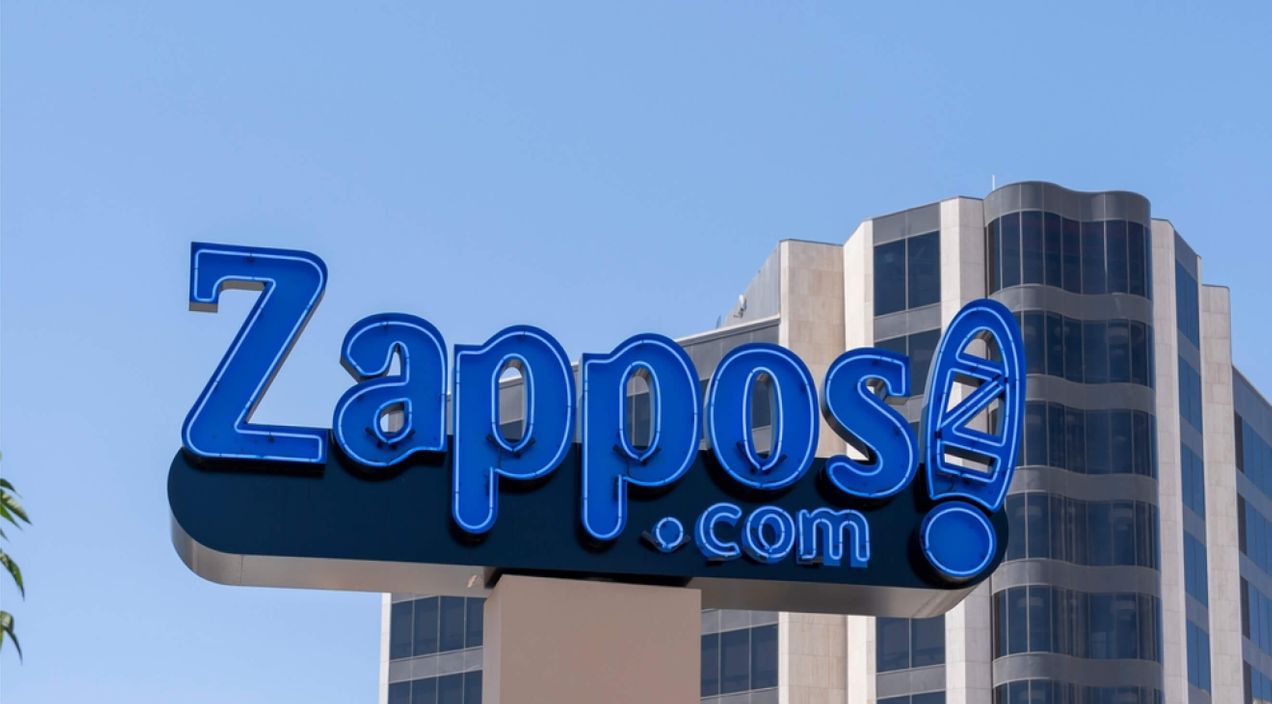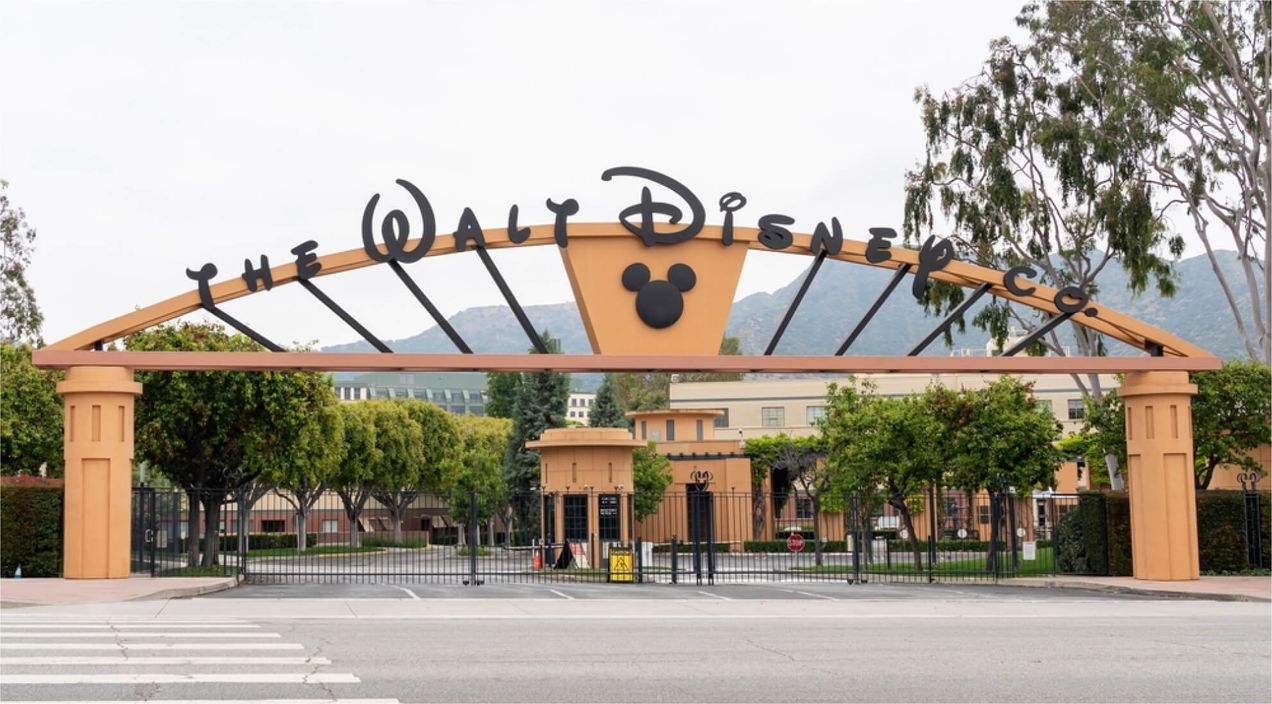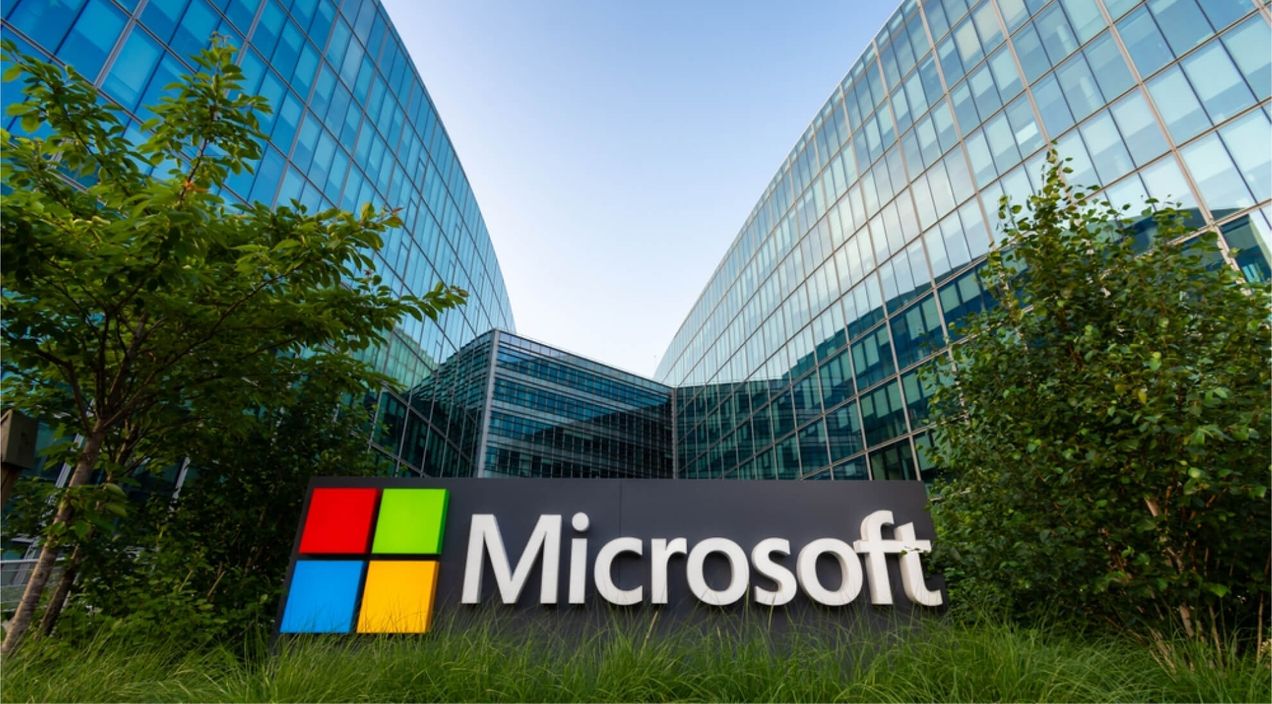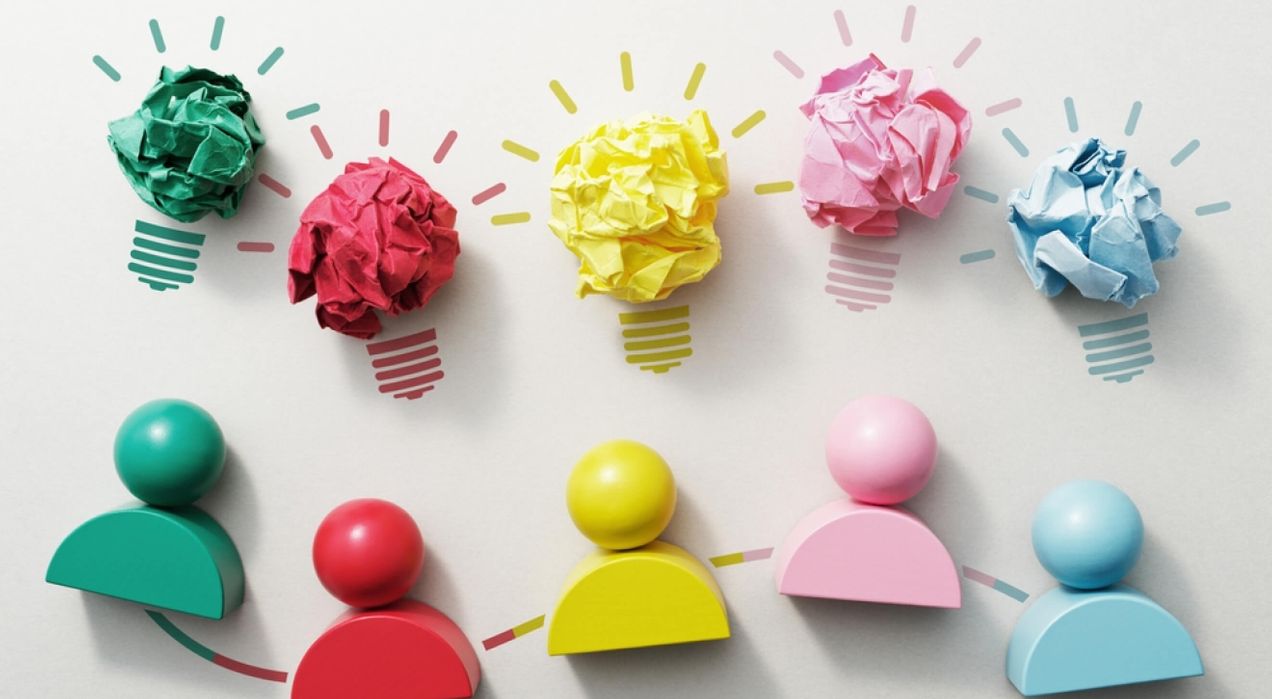Company Culture
What are examples of effective team dynamics?
Effective team dynamics are the heart of successful collaboration. Explore real-world examples, from clear communication to shared goals, and learn how to cultivate them for a harmonious, high-performing team that achieves exceptional results.
What is team dynamics in the workplace: Tips & examples to improve it
Team dynamics in the workplace encompass the intricate interactions shaping collective performance. Discover tips and real examples to foster collaboration, communication, and synergy within teams. Elevate productivity and nurture a cohesive work culture.
How to manage a fast-paced work environment efficiently without burning out employees in 2025
In the fast-paced work environment, leadership is the compass guiding your team through the chaos. Explore strategies to keep your team motivated, maintain productivity, and ensure employee well-being, all while avoiding burnout. Learn how adaptability, communication, and effective decision-making
150+ Funny work jokes so good, even HR might laugh
Ever noticed how a good laugh can turn a stressful day around? In the workplace, humor isn’t just about cracking jokes—it’s a secret ingredient for a positive, engaged, and high-performing team that just doesn't talk business. Adding a little humor to your workday is no more just a joke anyway.
Microaggressions at work aren’t always obvious—but they’re always harmful
Explore the impact of microaggressions at work and gain insights into identifying, addressing, and curbing these subtle forms of discrimination. Create a more inclusive and respectful workplace environment.
Meaning of workplace culture and connection for engaging employees in 2025
Unravel the multifaceted layers of workplace culture, deciphering its intricate meanings, values, and impacts on organizational dynamics and employee engagement. Discover how a strong culture fosters cohesion, innovation, and resilience, shaping the very essence of an organization's success.
The truth about hustle culture: When hard work goes too far
Hustle culture glorifies the constant pursuit of productivity and success, often at the expense of an individual's well-being. Rooted in the belief that busyness equates to progress, hustle culture encourages long working hours, constant multitasking, and a relentless drive to work.
Inside Target company culture: A model for building people-first workplaces
Target’s company culture is built on a foundation of inclusivity, innovation, and connection. At its core, the culture is centered around putting people first, both employees and customers. Target creates an environment where individuals are encouraged to thrive and contribute.
Zappos company culture: What can be learned from a happiness-driven culture
Zappos' culture thrives on core values like employee happiness and fun. Their transparency and growth focus boost job satisfaction. Learn how to apply these principles for a motivated team.
Bad work culture costs more than you think—here’s how to spot it and turn it around
A bad work culture refers to an environment where unhealthy norms, poor communication, and unaddressed issues shape the daily experience for employees. It’s not always about loud outbursts or open conflict—sometimes, it’s the quiet tension, lack of support, or the feeling that speaking up is risky.
Why does Disney’s company culture make its workplace the most desirable to employees?
Discover how Disney’s principles can guide your organization in creating a supportive workplace. Learn valuable lessons to enhance employee satisfaction and business success, with strategies from Disney’s culture to help build an exceptional work environment.
Organizational restructuring: Definition, strategies and top examples for leaders in 2025
Explore innovative strategies and real-world examples of organizational restructuring in 2024. Learn how to streamline operations, boost efficiency, and position your company for success
What can you learn from Microsoft’s company culture: Key takeaways for leaders
Microsoft’s culture of growth, diversity, and innovation—championed by Satya Nadella—boosts employee satisfaction and drives success. Learn how to revamp your company culture using insights from their approach.
30+ Creative culture committee ideas that actually work in 2025
Explore over 30 actionable culture committee ideas, real-world initiatives, and expert insights to strengthen your company culture, boost employee engagement, and create an inclusive, connected workplace through purposeful programs and team-driven actions that actually work in real organizations.
How to increase collaboration between teams in 2025?
Explore effective tips to increase collaboration between teams in 2025. Foster teamwork, communication, and synergy for enhanced productivity and business success. Unlock the potential of your teams and gain a competitive edge in today's fast-paced business landscape.
HR compliance in 2025: How to protect your company without losing your culture
HR compliance is the process of aligning your company's human resource policies and practices with the laws, regulations, and ethical standards that govern employment. It’s about making sure your business isn’t just doing things the “usual way,” but the right way—legally and ethically.
Bring your child to work day: More than just a fun office tradition
Take your child to work day is a recognized event where children step into their parent or guardian’s workplace to explore what adulting looks like outside of homework and chores. It usually takes place on the fourth Thursday in April and invites kids to experience a slice of the working world.
Transparency at work and its impact on organizational performance in 2025
Transparency at work fosters trust, boosts employee engagement, and enhances organizational performance. Dive into our guide to discover the advantages, practical tips, and real-world examples of how transparent leadership can transform your workplace.
What is organizational design: A complete guide for HR and leaders
Organizational design is the strategic process of structuring a company's roles, responsibilities, and workflows to optimize performance and align with business goals. It ensures efficiency, promotes collaboration, and fosters growth, making it a critical tool for HR and leadership.
Nepotism in the workplace: The hidden cost leaders can’t afford to ignore
The dynamics of workplace nepotism are intricate, and deciphering its impact on morale and organizational culture is important for your organization’s structure. This guide navigates signs, instills anti-nepotism policies, and advocates for a merit-driven workplace where fairness takes precedence.
Cultural diversity definition: Key elements, challenges, and workplace examples
Cultural diversity refers to the presence of different ethnic, racial, religious, and social backgrounds within a group, workplace cultural organization, or society. It represents a mix of traditions, languages, perspectives, and experiences that shape how people interact and work together.
Hierarchy culture: How it shapes organizations, leadership, and employee engagement
A hierarchical culture is a workplace structure where authority, decision-making, and responsibilities flow from the top down. In this system, leadership establishes clear roles, rules, and reporting lines to maintain order and efficiency. This culture values stability and consistency.
75+ Cultural fit questions: How to hire candidates who align with your workplace culture
Hiring employees who align with your company’s culture isn’t just about maintaining harmony—it’s about building a team that thrives together. When employees resonate with your values, collaboration becomes seamless, engagement rises, and productivity flourishes.
20+ Culture metrics to measure and align with business success
Culture metrics are the key to building a thriving workplace. From engagement to retention rates, tracking the right data helps strengthen culture and align teams with business goals. Explore 20+ culture metrics that provide insights into workplace success and actionable strategies for improvement.



























